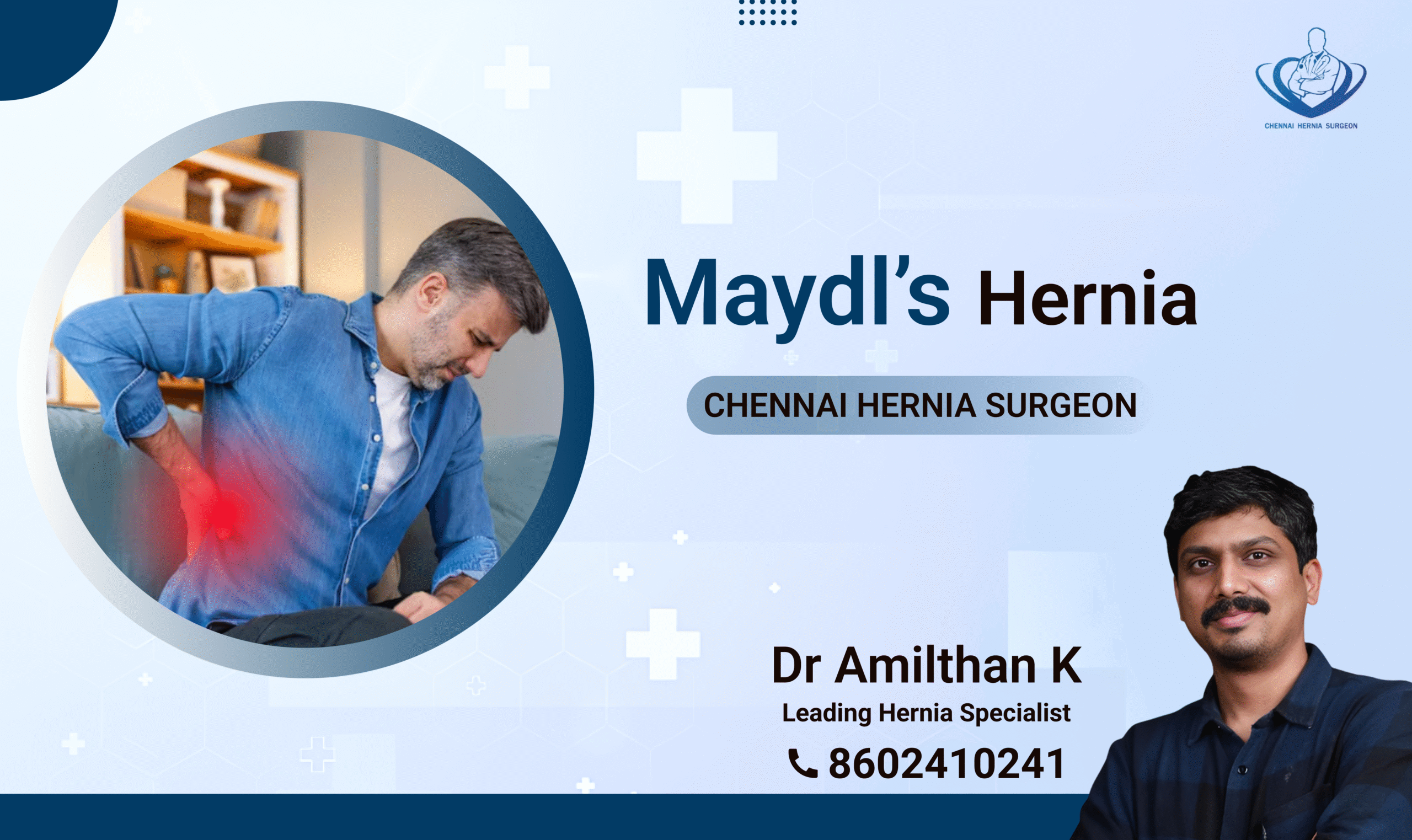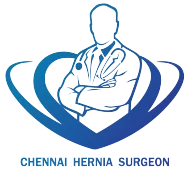In the world of surgery, there are many surgical methods that are used to treat different types of ailments. Among them, laparoscopic and laser surgery methods are the most prominent.
Both surgeries are minimally invasive and do not involve making large incisions like open surgeries. Both have different purposes and help treat different sorts of health issues.
In this article, we’ll look closely into both treatments and learn about their purpose, advantages, complications, etc.
Table of Contents
ToggleWhat are the main differences between laparoscopy and laser surgery?
- > Laparoscopic surgery involves small incisions on the body, using a laparoscope and small instruments to operate internally.
- > Laser surgery uses a focused beam of light energy to cut, vaporize, or seal tissue, without necessarily needing incisions, and it can target tissues with precision.
- Both laparoscopy and laser surgeries are minimally invasive surgeries. However, they differ in the way the surgeries are performed. The table below will help you understand some of the main differences between laparoscopy and laser surgery.
Laparoscopic surgery Laser surgery Involves making small incisions (about 0.5–1 cm) on your bodyCan be performed with or without incisions depending on the procedureA laparoscope and other small instruments are inserted through the incisions to view and operate the inside of your bodyUses a focused beam of light energy to cut, vaporize, or seal tissueThe surgeon uses the Laparoscopic instruments to manipulate and repair tissues like suturing or tying knots
The surgeon uses a light beam to target tissues and operate on themRelies on a camera inserted in a tube (laparoscope) to guide the instruments and perform the surgeryIt can be performed under direct vision or even use cameras or specialized imaging depending on the type of surgery
Is laparoscopy and laser surgery same
Laparoscopy and laser surgery are not the same, though they can be used together. Laparoscopy is a minimally invasive surgical technique that involves making small incisions to insert a camera and instruments for diagnosis or treatment. Laser surgery, on the other hand, uses focused light beams to cut or destroy tissue and can be performed through laparoscopic techniques. While laparoscopy can utilize lasers for specific procedures, they represent different approaches to surgery.
Understanding the laparoscopic surgery
A few years ago, if you wished to undergo surgery, even if it was minor, your doctor had to make a large incision near the surgery site. There are a few types of incisions are there in Laparoscopy such as Single Incision Your muscles will be opened and stitched back together after the surgery.
Laparoscopic surgery—also called a keyhole surgery—is an alternative to this method. It is a minimally invasive procedure that involves making small incisions near the incision site and inserting surgical instruments to perform the surgery.
Your surgeon will be holding the surgical instruments and operating your tissues and organs with the help of a laparoscope (a thin rod with a camera at the end) to view your insides.
Understanding the Laser surgeries
Laser treatments are surgical procedures that are performed using focused light. Laser is short for “Light Amplification by Stimulated Emission of Radiation.”
This light has a specific wavelength that allows doctors to focus on a certain body part and work on it. You might experience less pain, scarring, or swelling with laser surgeries.
What surgeries are performed laparoscopically?
Laparoscopy is commonly used for abdominal and pelvic issues, including hernia repair and infertility problems.
A laparoscopy is mainly performed to treat issues in the abdominal and pelvic areas. It can either be done for diagnostic purposes (to diagnose issues that imaging tests can’t identify) or to perform surgeries and correct issues like removing unwanted growths, removing blockages, etc.
Laparoscopies are majorly performed in hernia repair and correcting issues that cause infertility, like fallopian tube blockages, endometriosis, fibroids, etc. Some surgeries that can be performed laparoscopically are
- Biopsies,
- Small tumor removals,
- Ectopic pregnancy removal,
- Cholecystectomy,
- Urethral and vaginal reconstruction surgery,
- Appendectomy, etc.
When do surgeons use Laser surgeries?
- Laser surgeries are utilized in various fields like ophthalmology, dentistry, dermatology, and cancer treatments for specific conditions like kidney stones removal or vision improvement.
- Laser surgeries are used in various fields depending on their needs. It is more commonly used in fields like ophthalmology (LASIK), dentistry (gum reshaping), dermatology (skin resurfacing), and cancer treatments.
Laser therapies are prominently used to treat the following conditions.
- To remove kidney stones
- To shrink or destroy polyps, tumors, or precancerous growths
- To repair a detached retina
- To remove part of the prostate
- To improve vision
- To treat pain, including back nerve pain
Is Laparoscopy a common surgical method?
Yes, laparoscopy is a fairly common surgical method surgeons prefer in cases where open surgery is not required. According to studies, about 13 million laparoscopic surgeries are performed worldwide annually.
This number is estimated to grow with the development of technologies and the latest medical innovations.
Advantages of laparoscopy and laser surgery
Both laparoscopic and laser surgeries are minimally invasive, leading to shorter recovery times, less pain, lower infection risks, and minimal scarring.
Below are some advantages of choosing a laparoscopic and laser surgery method for your surgery
Advantages of Laparoscopic surgery Advantages of Laser surgery Minimally invasive surgeryMinimally invasive surgeryOnly small incisions are needed to conduct the surgeryCan be performed with or without incisions depending on the procedureShorter recovery timeShorter recovery timeLess pain after surgeryLess pain after surgeryLower risk of bleeding or infections during and after surgeryLower risk of bleeding or infections during and after surgeryShorter hospital stay. You can resume your daily activities after a few daysShorter hospital stay. You can resume your daily activities after a few daysMinimal scarringMinimal scarring
Complications of laparoscopy and laser surgery
- Below are some complications that may arise from a laparoscopic and laser surgery method.
Complications of Laparoscopic surgery Complications of Laser surgery More expensive than open surgeryMore expensiveRisk of injury to the blood vessels, bowel, and nervesCan sometimes cause side effects like bleeding, infection, etc.Surgery is performed under general anesthesia (may not be suitable for all patients)It might cause dry eyes for some time after a laser eye surgeryAccuracy and precision can be a bit lower.Accuracy and precision can be a bit lower.–
Recovery Time
- Laparoscopic surgery typically requires a recovery time of about two to three weeks, with patients being discharged the same or next day after surgery.
- Laser surgery recovery time could take 2-3 months depending on the procedure.
-
Laparoscopy recovery time
Laparoscopy is a minor surgery; only small incisions are made during the surgery. Most patients can get discharged and leave for home the same day or the next day after surgery.
Complete recovery time is about two to three weeks. You will only experience minor pain like a wound pain. Your doctors will prescribe painkillers to manage that pain.
Laser recovery time
The laser surgery can be minor or major depending in the issue addressed. You can leave for home mostly on the day of the surgery itself. However, it might take 2 or 3 months for the tissues to fully heal after the procedure.
Conclusion
- Laparoscopy and laser are both standard surgical procedure that are used to treat various medical issues. Apart form the surgical procedure, the doctor you choose to perform your surgery also determines your success arte. So, ensure you do a thorough research and choose the best doctor for your surgery.
Dr. K. Amilthan MBBS., MS., FMAS., FALS.
Heal Your Hernia Now:
- 15+ Years of Experience
- 3,000+ Surgeries
Your Journey to Wellness Begins with us.

Dr. Amilthan
Dr. Amilthan is a renowned laparoscopic hernia surgeon based in Chennai, with over 15+ years of experience in general surgery. He completed his MBBS and MS in General Surgery at Kilpauk Medical College and Government Royapettah Hospital in Chennai.
- All Posts
- Hernia Blog

Which Doctor should you consult for Hernia? You can Consult a general surgeon or a hernia specialist for evaluation and...

A hernia occurs when an organ or any other part of your body pushes through the muscle and surrounding tissue...

An inguinal hernia occurs when the organs push through and bulge against the weak muscles of the abdomen. An effective...

